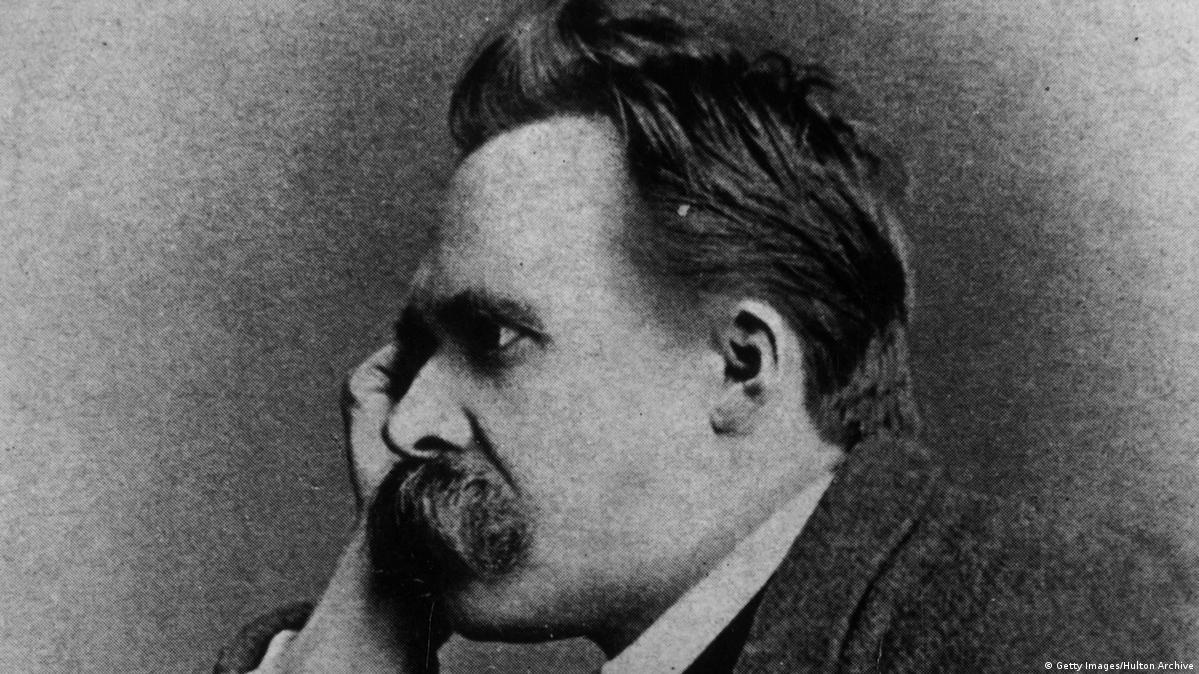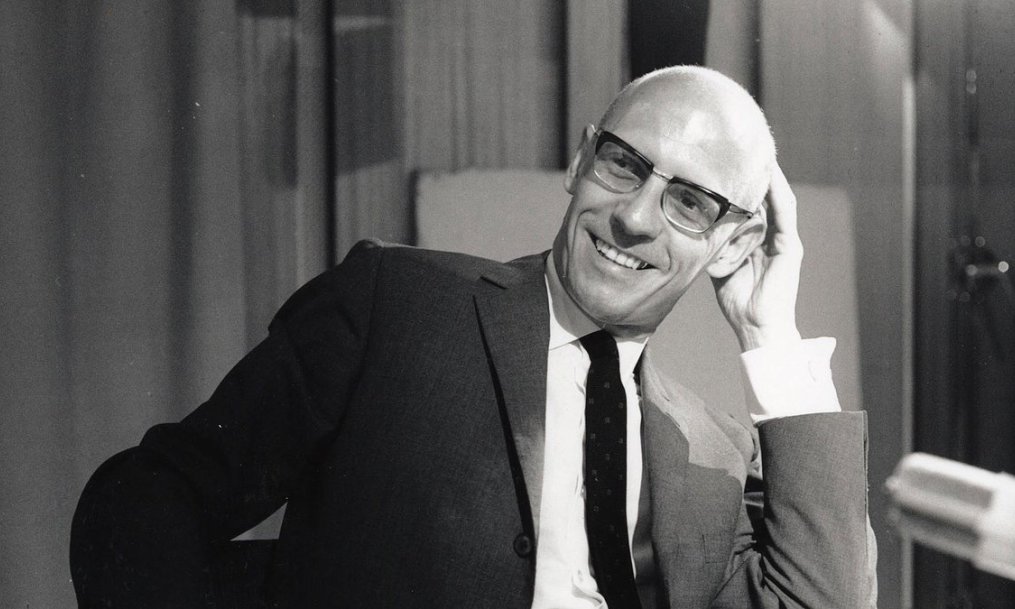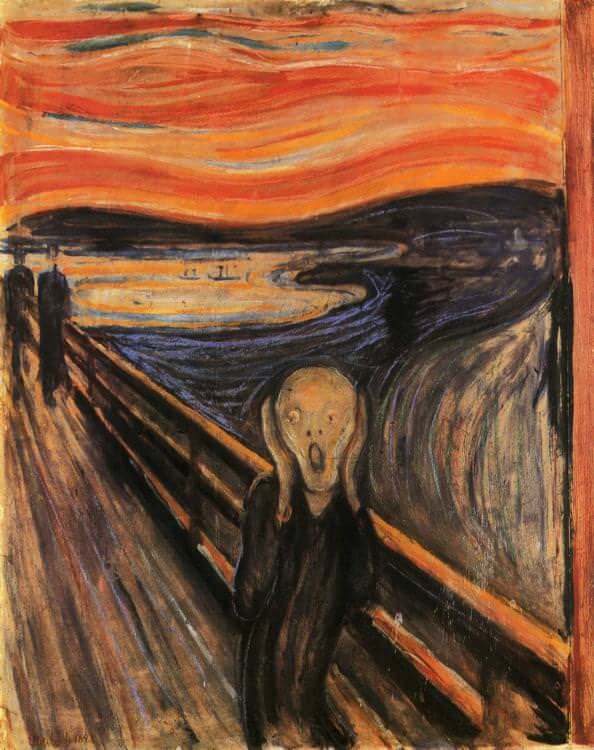9.14 20th- and 21st-Century Culture, Arts, and Demographic Trends
3 min read•june 18, 2024
Sharii Liang
Isabela Padilha
AP European History 🇪🇺
335 resourcesSee Units
Why Do We Exist?
A sense of overall dread and anxiety enveloped society after the world wars and economic depressions. Many people couldn’t trust reason anymore. They often questioned what the point of life was. As a result, many of the works of art during this time focused on existentialism and postmodernism.
- Existentialism - consists of a philosophical movement that emphasizes our individual freedom and choice. It proposes that individuals make the purpose of their lives, and they are responsible to do so based ont their own life experiences. Accorsing to existencialists, life is inherently meaningless, but we bring meaning to it through our own peculiar, unique ways. The "human condition" is characterized by suffering and isolation. Famous Existencialists include:
- Friedrich Nietzsche 🇩🇪 - a famous German philosopher and poet. Nietzsche rejected the idea of "traditional morality" as shaped by the Catholic Church and believed that individuals needed to create their own value based on their personal needs.

- Jean-Paul Sartre 🇫🇷 - a French playwright, novelist and activist, considered one of the most important thinkers of the 20th century. He believed that humans were not defined by exterior factors, such as history, biology or society, but yet their own actions. He also deeply believed that we creare our own meaning in life.

- Postmodernism - It emerged in the 20th century as a reaction to the modernist movement. Postmodernism also focuses on the idea of the individual, as their own experiences, languages and interpretations define how they view the world. In addition, postmodernists reject the idea that there is one singular truth/perspective about the world. It is more complex than that.
- Michel Foucault 🇫🇷 - a French philosopher that has influential ideas in philosophy, sociology, history, and cultural studies. He rejects the mnotion of a single objective truth and believes that power is not held by anyone, but it is rather negotiated and diffused.

Religion and Society
Despite the rise of secularism after the world wars, religion still had a significant role in society. We can even see it today with the Pope in Vatican City. In response to radical ideologies of the time such as totalitarianism and communism in Central and Eastern Europe, Christian churches had varied opinions.
For some, like German pastor Dietrich Bonhoeffer and Martin Niemoller, they directly opposed the totalitarian regimes despite the costs. Others, like Pope John Paul II, voiced their support, saying they stood in solidarity, but did not directly help. During this time, the Catholic Church also reformed the principles it operated under again in the Second Vatican Council.
Abstract Art Galore

The Scream, 1893 by Edvard Munch
The increasing influence of American pop culture mixed with the general sense of anxiety from the war culminated into a period of experimental art. Focusing on self-expression and subjectivity, styles like cubism, futurism, dadaism, surrealism, abstract expressionism, and pop art flourished.
From music of Igor Stravinsky, Arnold Schoenberg, and Richard Strauss to architectural styles of bauhaus and modernism, existing aesthetic standards rapidly shifted to exploring the subconscious and satirizing Western society.
Numerous writers also used the negative emotions they felt after the wars to challenge traditional values, question Western society, and bring up important political and societal issues. From the writings of Franz Kafka to Virginia Wolfe and Jean-Paul Sarte, they questioned the world around them.
Multiple movements also came to the forefront of society during the 20th century. From womens’ rights to gay rights and civil rights, they were all met with varying degrees of both opposition and support.
Consumerism and the Youth
After the Second World War, the peace and economic growth caused a huge boom (Baby Boomers) in populations. Government policies, such as neonatalism, practically encouraged this boost in the population to make up for the losses of the war.
The large population combined with mass production made consumer products of all kinds readily available. A greater disposable income also encouraged people to be more materialistic and decadent. The youth would come to revolt against this perceived materialism in the 1960s, most notably in 1968.
Browse Study Guides By Unit
🎨Unit 1 – Renaissance & Exploration
⛪️Unit 2 – Reformation
👑Unit 3 – Absolutism & Constitutionalism
🤔Unit 4 – Scientific, Philosophical, & Political Developments
🥖Unit 5 – Conflict, Crisis, & Reaction in the Late 18th Century
🚂Unit 6 – Industrialization & Its Effects
✊Unit 7 – 19th Century Perspectives & Political Developments
💣Unit 8 – 20th Century Global Conflicts
🥶Unit 9 – Cold War & Contemporary Europe
📚Study Tools
🤔Exam Skills
👉Subject Guides

Fiveable
Resources
© 2025 Fiveable Inc. All rights reserved.